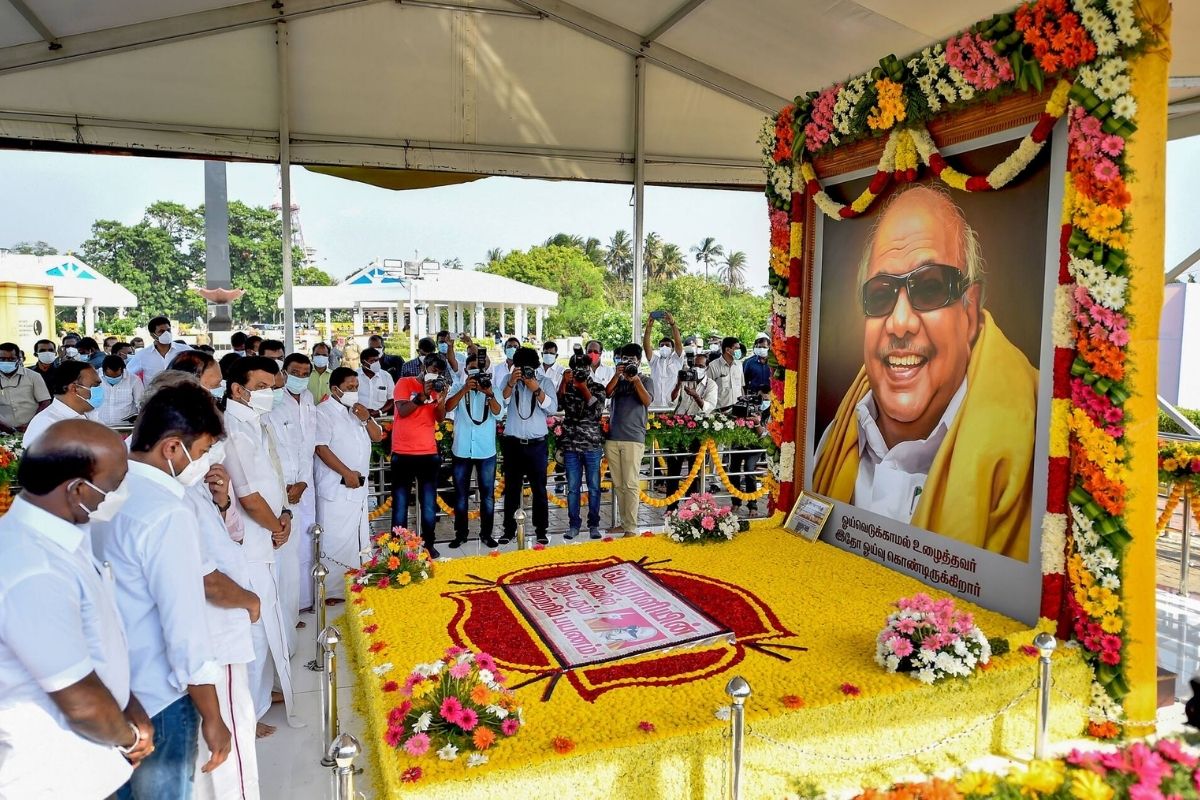Amidst the rapidly rising numbers of coronavirus cases in the state, the Telangana government Tuesday announced the immediate imposition of night curfew between 9 pm and 5 am, till 5 am on May 1. The decision comes a day after the Telangana High Court pulled up the state government for not doing enough to contain the spread of disease and asked the administration to take a call in 48 hours. The court had said that it would be compelled to order enforcement of night curfew or weekend lockdown if the government did not do so.
#Telangana government imposes night curfew from tonight, between 9 pm and 5 am till 5 am, on May 1. All shops, establishments, restaurants, offices to close at 8 pm. @IndianExpress
— Rahul V Pisharody (@rahulvpisharody) April 20, 2021
In the last 24 hours, 5,926 new cases were reported from across the state. This is the highest single-day spike in cases since the detection of the first COVID-19 case last March. Greater Hyderabad reported 793 new cases on Monday while 18 persons succumbed to the disease taking the total fatalities to 1,856. As many as 42,853 persons are currently active and undergoing treatment. At present, the cumulative caseload in Telangana stands at 3,61,359.
On Monday, Chief Minister K Chandrasekhar Rao had tested positive for coronavirus. According to Chief Secretary Somesh Kumar, the CM has mild symptoms and is advised home isolation while a team of doctors is monitoring his health at his farmhouse on the outskirts of Hyderabad. His most recent public appearance was when he addressed a public meeting at Halia on April 14 ahead of the byelection to Nagarjuna Sagar Assembly Constituency.
Meanwhile, the government has decided to go ahead with elections to five municipalities and two municipal corporations on April 30 despite demands for their postponement from opposition parties.
Here’s what is allowed in Telangana, and what is not:
According to Tuesday’s government order, all offices, firms, shops, establishments, and restaurants, etc shall close at 8 pm.
This is, however, not applicable to hospitals, diagnostic labs, pharmacies, and those dealing with the supply of essential services such as – print and electronic media, telecommunications, internet services, broadcasting, and cable services. Petrol pumps, LPG, CNG, Petroleum, and gas outlets are exempted from these restrictions.
Those involved in the delivery of goods through e-commerce and those employed in IT and IT-enabled services are also exempted. Others who are exempted from the latest orders are people employed in power generation, transmission, and distribution, water supply and sanitation, cold storage and warehousing, private security services, and production units or services that require continuous process, according to the GO.
The order also prohibits the movement of all persons after 9 pm, except for people in the services mentioned above.
There is no restriction on the commute for officers of the central and the state governments, including those of urban local bodies and Panchayati raj institutions on emergency duty on production of valid identification. All private medical personnel including doctors, nursing staff, paramedics, and providers of other hospital services, etc are allowed to commute on the production of valid ID.
Pregnant women and patients seeking medical care are allowed to commute. Also, persons going to airports, railway stations, bus stands are allowed to commute on the production of valid tickets, the order states.
Public transport services including autos and taxis are allowed to function within the stipulated time for the transportation of the above-mentioned categories of people during the period of night curfew.
The order also states that no separate permission or pass will be required for inter-state and intra-state movement or transportation of essential and non-essential goods.
All the restrictions will be in force till 5 am on May 1 and, according to the order, any violations shall result in prosecution under sections 51 to 60 of the Disaster Management Act 2005 and Section 188 of IPC as well as other applicable laws.
Chief Secretary Somesh Kumar, in his capacity as Chairman of the State Executive Committee, exercising the powers conferred under the Disaster Management Act, 2005, directed all District Collectors and District Magistrates, and Commissioners/Superintendents of Police to strictly implement the instructions.




